The last two books of the series of 7 [as it stands now] were extremely difficult to research and write. Book 7 was probably the most difficult of all. This is because one is relying entirely on the audio as the primary source for the information.



On the one hand, it’s excellent material because what we are listening to is exactly what the three members of law enforcement heard, plus minus some white noise here and there. There’s also a lot to work with – over four hours’ worth.
If you felt frustrated listening to one of the Rzucek lawyers conveying his impressions to Dr. Phil, you weren’t alone. We wanted to know exactly what Watts said, and also how he said it. The tone. The pitch. The context. Most important, the psychology. Is it believable. Does what he’s saying actually make sense, or does it conform to another pattern…?
And then the Rzuceks provided their impressions. They were touching, and while we felt sympathetic to the family, the two-part show never provided the kind of deep diving psychological analysis Watts’s Second Confession really needed.
On the other hand, not having video and sometimes having the audio muffled or cut out was frustrating. The chronology of Agent Tammy Lee’s 29-page CBI Report and the audio aren’t an absolute match, which is interesting. It shows while the law enforcement trio went to the prison with specific questions, they didn’t necessarily ask all of them in a specific order, nor did they get their answers in a prescribed order either. This makes for a chaotic narrative, and it was my job to unravel it and rearrange it.
Transcribing audio is hard work, but worth it, as I think readers have discovered.

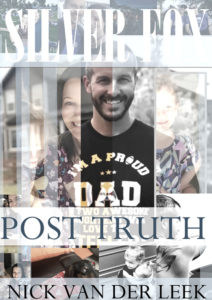
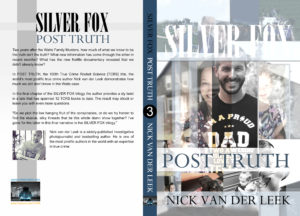


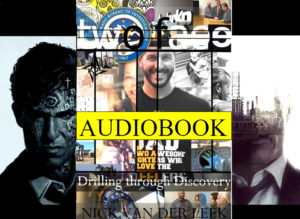
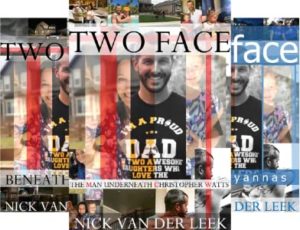

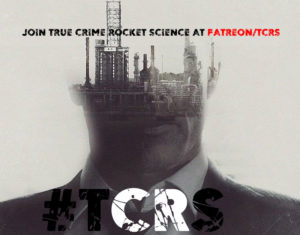

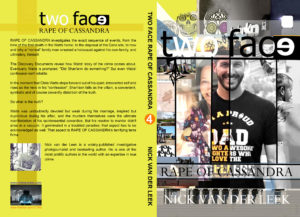
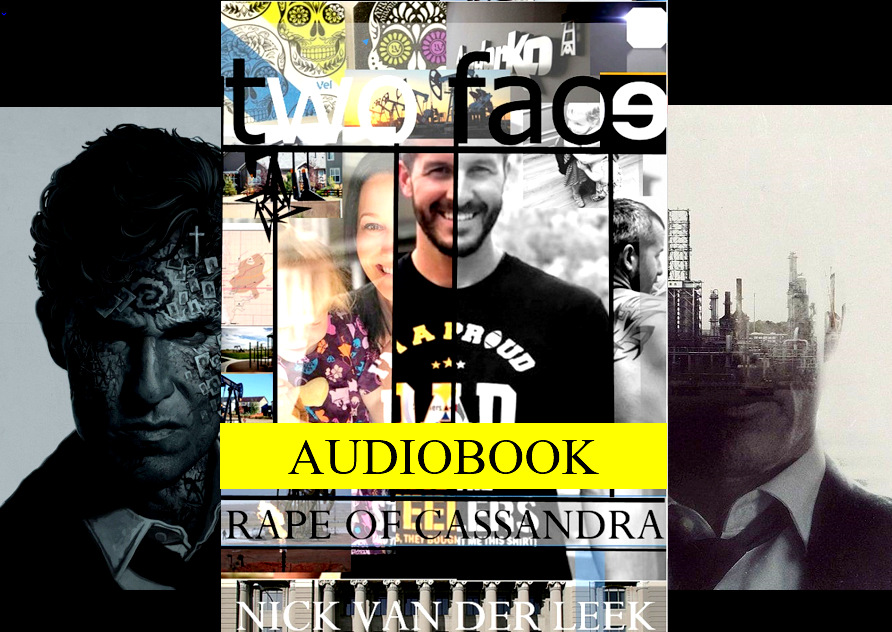
Recent Comments